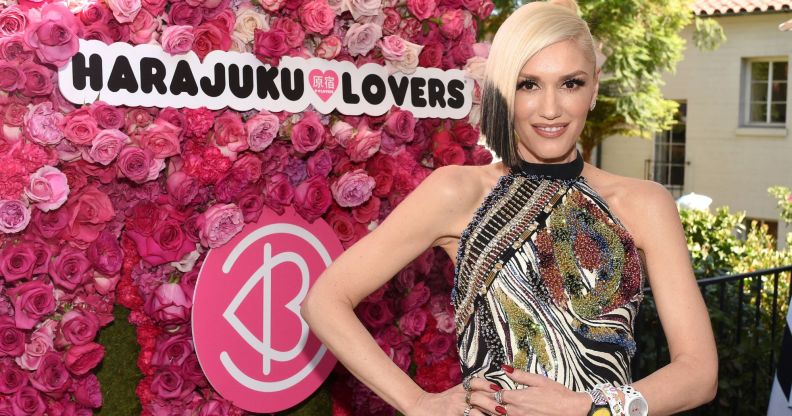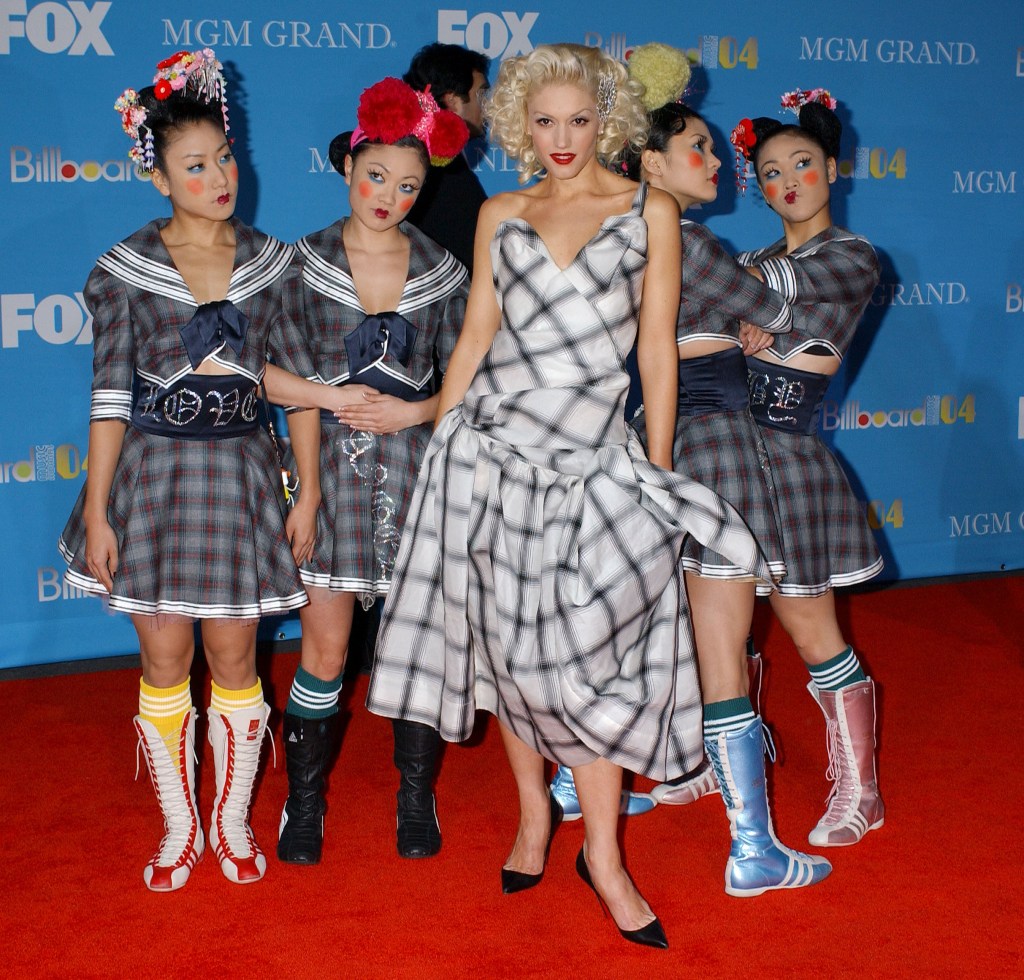Gwen Stefani sparks backlash after insisting she’s Japanese in defence of Harajuku Girls era

Gwen Stefani’s comments about being Japanese have not gone down well. (Getty/Stefanie Keenan)
Singer Gwen Stefani has defended herself against accusations of cultural appropriation by claiming that she is, in fact, Japanese.
During the promotion of her debut album, 2004’s Love.Angel.Music.Baby, Stefani appeared at several red carpet events, on tour and in music videos alongside four ‘Harajuku girls’ – each of whom she named after one of the words in the album’s title.
In addition, Stefani’s 2008 fragrance collection was named ‘Harajuku Lovers’, with the bottles depicting Stefani and the four women as dolls. She also had a single named “Harajuku Girls”.
In recent years, the singer has been called out for using the women as props, with many suggesting her long-standing fascination with Japanese culture is cultural appropriation.

In a new interview with Allure, Stefani has tried to quash the accusation by apparently stating “more than once” that she is Japanese.
Stefani, 53, explained how her father used to travel between California and Japan for work when she was young.
“That was my Japanese influence and that was a culture that was so rich with tradition, yet so futuristic [with] so much attention to art and detail and discipline and it was fascinating to me,” she said.
She made the odd self-discovery when she finally got to visit Harajuku, Tokyo, as an adult.
“I said, ‘My God, I’m Japanese and I didn’t know it,’” she declared. “I am, you know.”
Later on in the interview, Stefani dismissed the cultural appropriation accusations, insisting she is just a “super fan” of Japanese culture.
“If [people are] going to criticise me for being a fan of something beautiful and sharing that, then I just think that doesn’t feel right,” she said.
“I think it was a beautiful time of creativity… a time of the ping-pong match between Harajuku culture and American culture… [It] should be OK to be inspired by other cultures because if we’re not allowed then that’s dividing people, right?”
The “What You Waiting For?” hitmaker has faced criticism on social media following the “embarrassing” comments.
“Harajuku fashion is fun and all but it’s important to do it respectfully and if you’re not Japanese you [shouldn’t] claim you are or try to make people think you are,” one person said.
Another added: “There is a difference between liking and respecting a culture and then straight up saying you’re Japanese. Stay away from us pls.”
“When will rich people discover that shutting up is free,” a third said.
How did this story make you feel?

